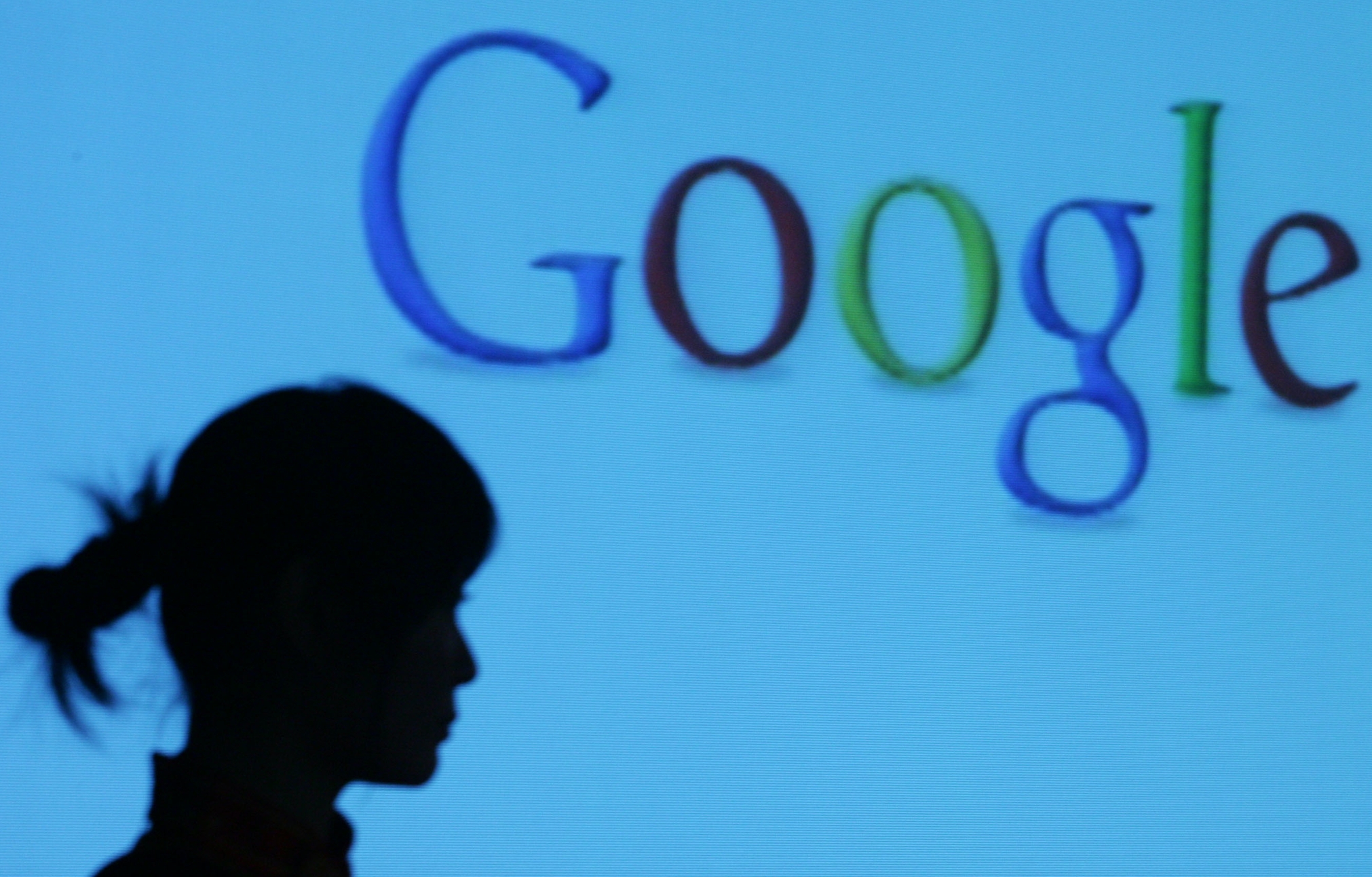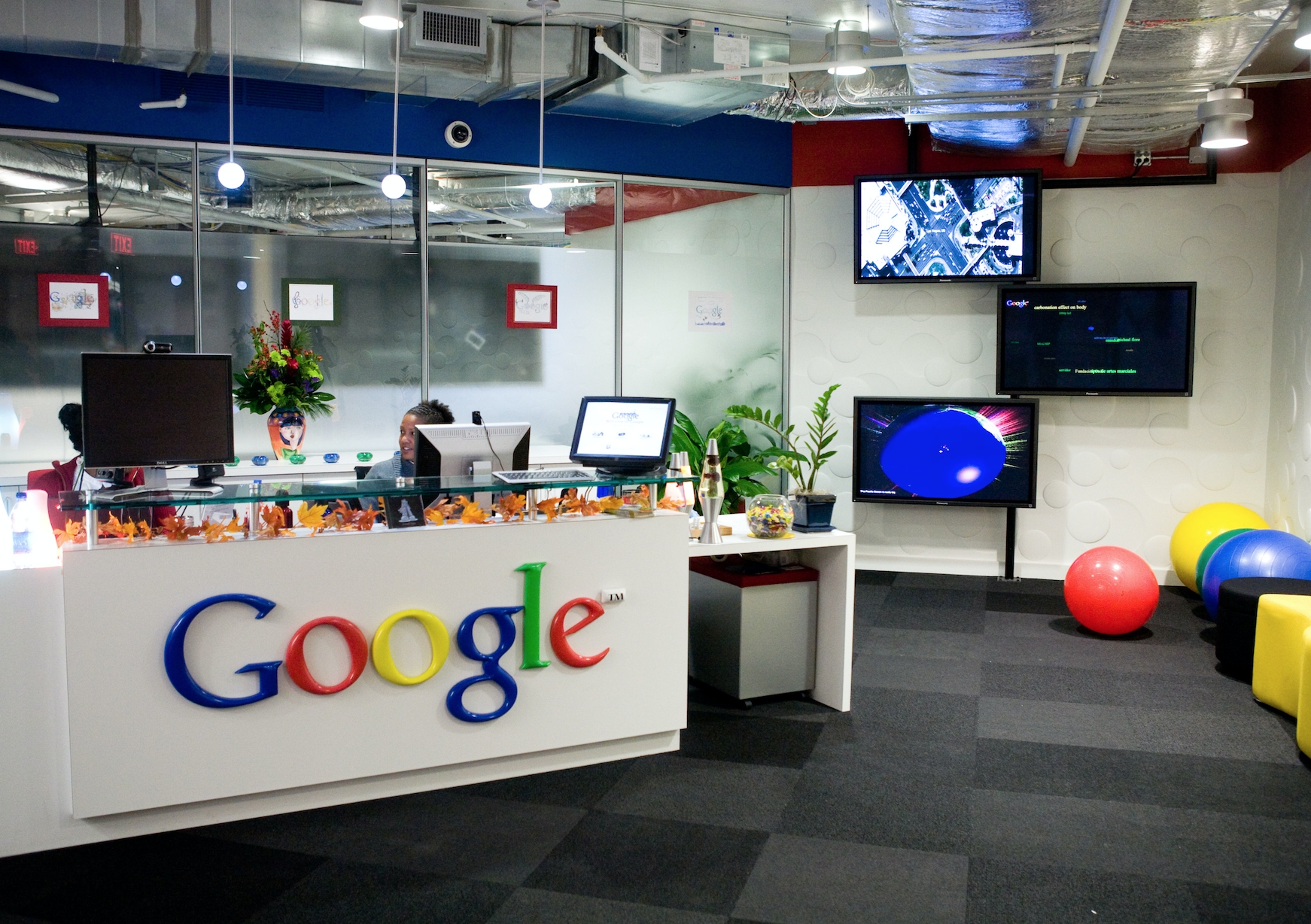
If you follow tech at all — even if only via Silicon Valley — you have a sense of the industry’s long-term problems with gender parity and diversity. The alarming overall trends have been punctuated by headline grabbing stories of sexual harassment and boys club behavior. The industry itself has tried to course correct and diversity has been emphasized throughout the valley in general and at the big hitters in particular.
Still, there’s a pervading sense that the tech industry just “doesn’t get” the true value of workplace diversity and a recent memo written by a Google engineer seems to underscore the point. James Damore fired off a ten page manifesto of sorts, titled “Google’s Ideological Echo Chamber.” The memo — which can be read in full here — cuts against the ideas of workplace diversity hirings and argues that the company is unsafe for political conservatives. Damore states that dissenting opinions are blocked and that “shaming into silence” is the antithesis of the brand’s policies regarding psychological safety.
Many of Damore’s points are fair to debate (Google’s CEO has said as much), though the methodology of sending a memo that would surely circulate like wildfire seems unforgivably reckless. But the memo also contains theories about stereotypical and disproven gender differences. Writing about his beliefs, under the subheading “Personality Differences,” Damore writes that women have a higher propensity for:
Extraversion expressed as gregariousness rather than assertiveness. Also, higher agreeableness. This leads to women generally having a harder time negotiating salary, asking for raises, speaking up, and leading. Note that these are just average differences and there’s overlap between men and women, but this is seen solely as a women’s issue. This leads to exclusory programs like Stretch and swaths of men without support.
Neuroticism (higher anxiety, lower stress tolerance). This may contribute to the higher levels of anxiety women report on Googlegeist and to the lower number of women in high stress jobs.
It’s this section (and it’s very opinionated, uncited nature), which seems to have caused the most hurt. It’s also where Damore crossed the line between Google’s policy of encouraging workplace free expression and asserting harmful stereotypes.
As CEO Sundar Pichai wrote in an email to staff, titled “Our Words Matter” (published by the NY Times):
The memo has clearly impacted our co-workers, some of whom are hurting and feel judged based on their gender. Our co-workers shouldn’t have to worry that each time they open their mouths to speak in a meeting, they have to prove that they are not like the memo states, being ‘agreeable’ rather than ‘assertive,’ showing a ‘lower stress tolerance,’ or being ‘neurotic.’

Yonatan Zunger, an ex-Google senior engineer who recently left the company for unrelated reasons, wrote in a blog post:
I need to be very clear here: not only was nearly everything you said in that document wrong, the fact that you did that has caused significant harm to people across this company, and to the company’s entire ability to function. And being aware of that kind of consequence is also part of your job, as in fact it would be at pretty much any other job.
In writing his post, Damore created what Zunger identifies as “a textbook hostile workplace environment.” In an email he followed up with, “Could you imagine having to work with someone who had just publicly questioned your basic competency to do your job?” Not surprisingly, women in the company have stated that they would refuse to be paired with Damore on projects.
Meanwhile, conservative mouthpieces have been quick to offer Damore their support:
Google Memo Guy should immediately declare himself a woman and sue Google for discrimination based on gender stereotypes.
— Ben Shapiro (@benshapiro) August 8, 2017
Dear @Google,
Stop teaching my girl that her path to financial freedom lies not in coding but in complaining to HR.
Thx in advance,
A dad
— Eric Weinstein (@EricRWeinstein) August 8, 2017
The fallout of the roiling controversy was swift: Pichai left his family vacation to return to Google’s Mountain View campus and converse with his staff at an all hands meeting and Damore has been fired for perpetuating gender stereotypes. He’s currently reviewing his legal options.
Clearly this is an issue that will come up again in Silicon Valley, where the path towards parity seems stuck in its infancy stages, but Google is laser focused on improving things. “We are unequivocal in our belief that diversity and inclusion are critical to our success as a company,” Danielle Brown, the company’s VP for Diversity, stated. “We’ll continue to stand for that and be committed to it for the long haul.”
